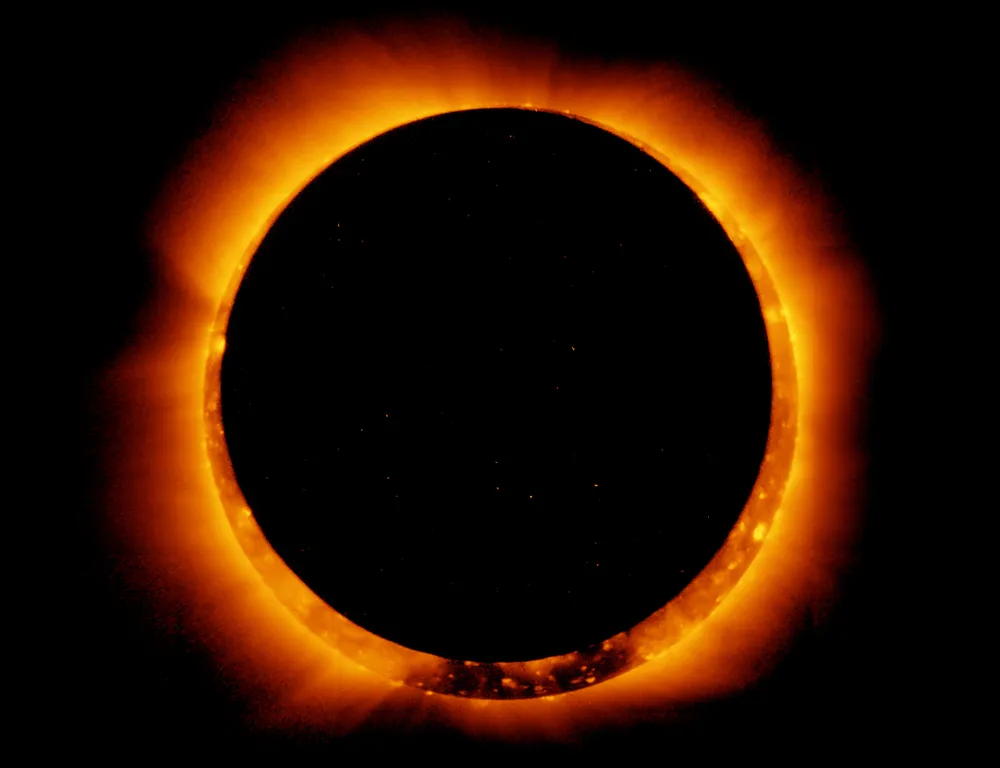The Truth Behind August 2 “Six-Minute Darkness”: NASA Answers Viral Claims
Related Articles
Uttar Pradesh Honeytrap: School Teacher Murdered in Botched Honeytrap Scheme; 6 Arrested
A disturbing incident in Uttar Pradesh's Jalaun district has emerged as a complex case involving a failed honeytrap that resulted in the murder of...
Rajasthan Horror: Woman, Lover Arrested for Husband’s Murder; Minor Detained
In a significant development in a murder case from Rajasthan, police apprehended a woman and her alleged lover for the suspected killing of her...
भारत के साथ फ्रांस का बड़ा दांव: ‘मेक इन इंडिया’ से डिफेंस तक मैक्रों का ऐतिहासिक एलान
फ्रांसीसी राष्ट्रपति इमैनुएल मैक्रों ने हाल ही में मुंबई में आयोजित इंडिया-फ्रांस इनोवेशन फोरम में भारत-फ्रांस के बीच रणनीतिक साझेदारी का जोरदार जिक्र किया।...


